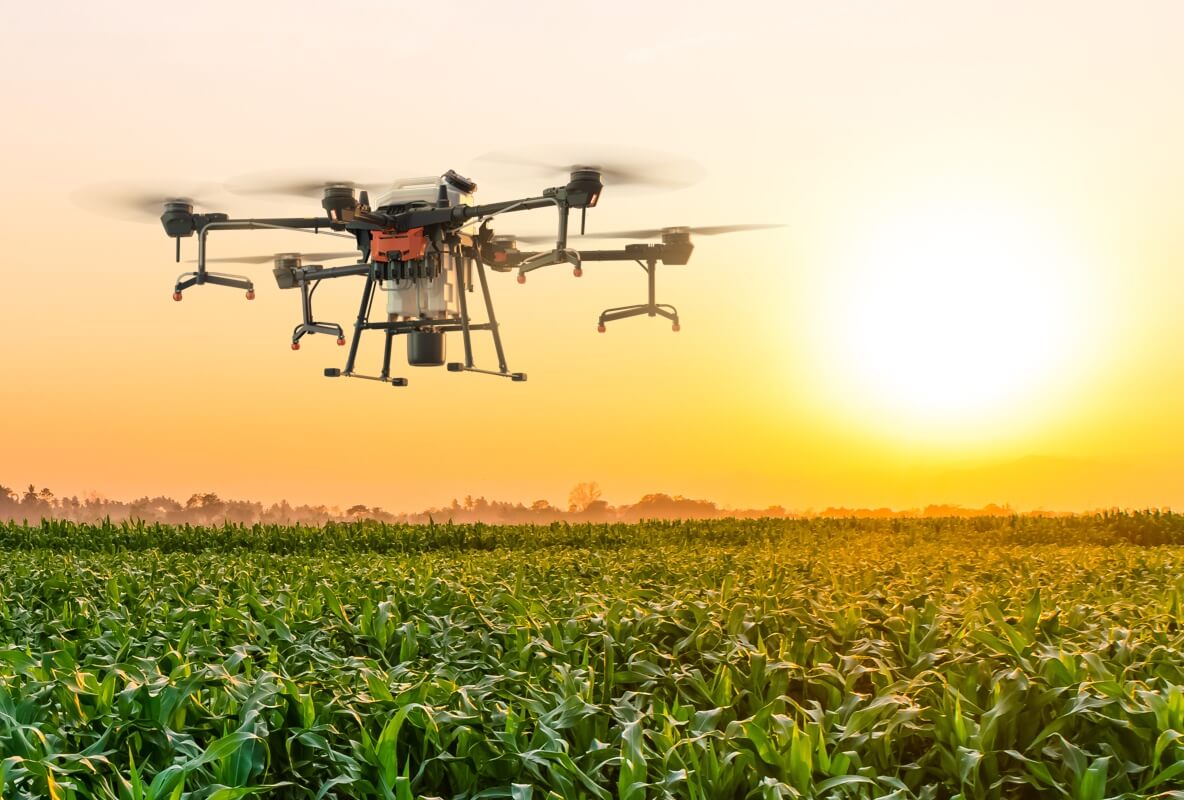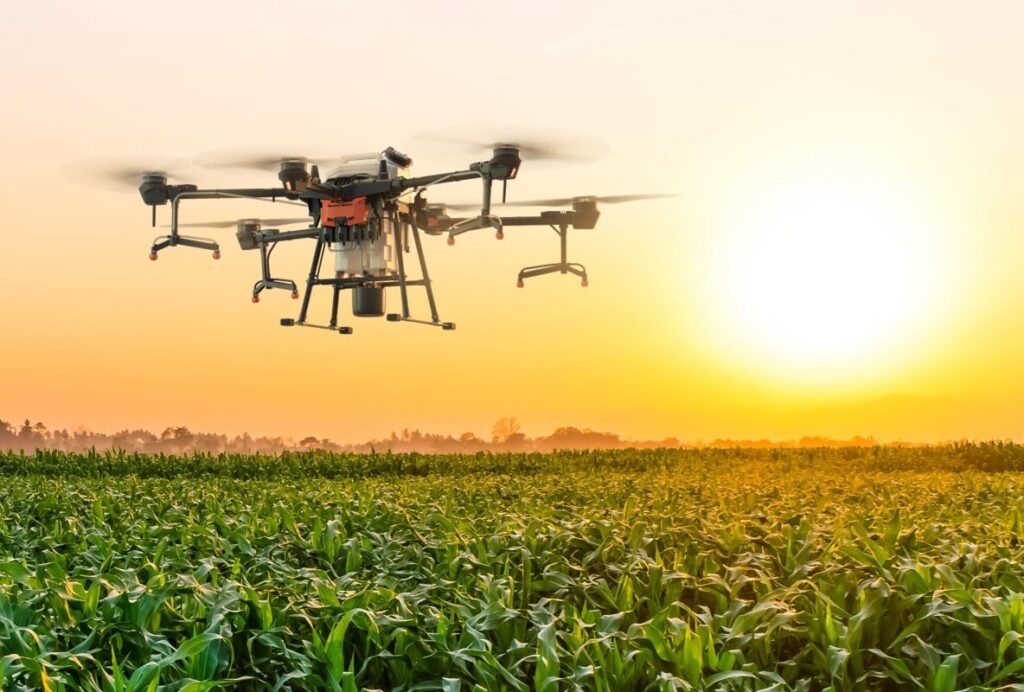
Introduction
Modern agriculture faces a growing challenge: producing more food to sustain a growing global population while minimizing environmental impact. In response, technology has stepped in to provide innovative solutions, with agricultural drones emerging as a key player.
The Evolution of Agriculture and Technology
The history of agriculture is intertwined with technological advancements, from the invention of the plow to the development of genetically modified crops. Agricultural drones mark the latest chapter in this journey, promising unparalleled efficiency and precision.
Understanding Agricultural Drones
A Closer Look at Drone Technology
Agricultural drones are sophisticated pieces of technology that have evolved significantly in recent years. They are equipped with high-resolution cameras, multispectral sensors, and even LiDAR technology, enabling them to capture detailed images and data from above.
Types of Drones Used in Agriculture
There are various types of drones designed for agricultural use, ranging from fixed-wing drones that cover large areas quickly to quadcopters that offer more precise maneuverability. Each type serves specific purposes, depending on the needs of the farmer.
Benefits of Agricultural Drones
Precision Crop Monitoring
Agricultural drones provide farmers with real-time, high-resolution imagery of their crops. This data helps in identifying areas with inadequate irrigation, nutrient deficiencies, or disease outbreaks.
Early Pest and Disease Detection
Drones equipped with advanced sensors can identify signs of pest infestations and diseases before they are visible to the naked eye. This early detection allows farmers to take swift action and prevent potential crop losses.
Efficient Water and Resource Management
With the help of thermal sensors and data analytics, drones assist in optimizing water usage. By detecting variations in soil moisture, they enable farmers to implement targeted irrigation strategies.

